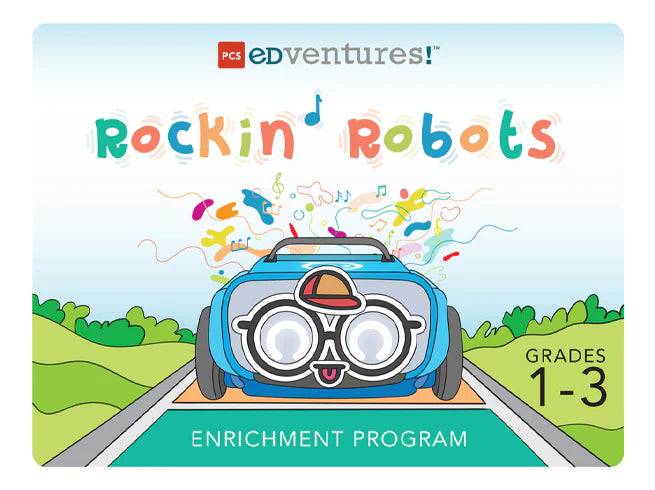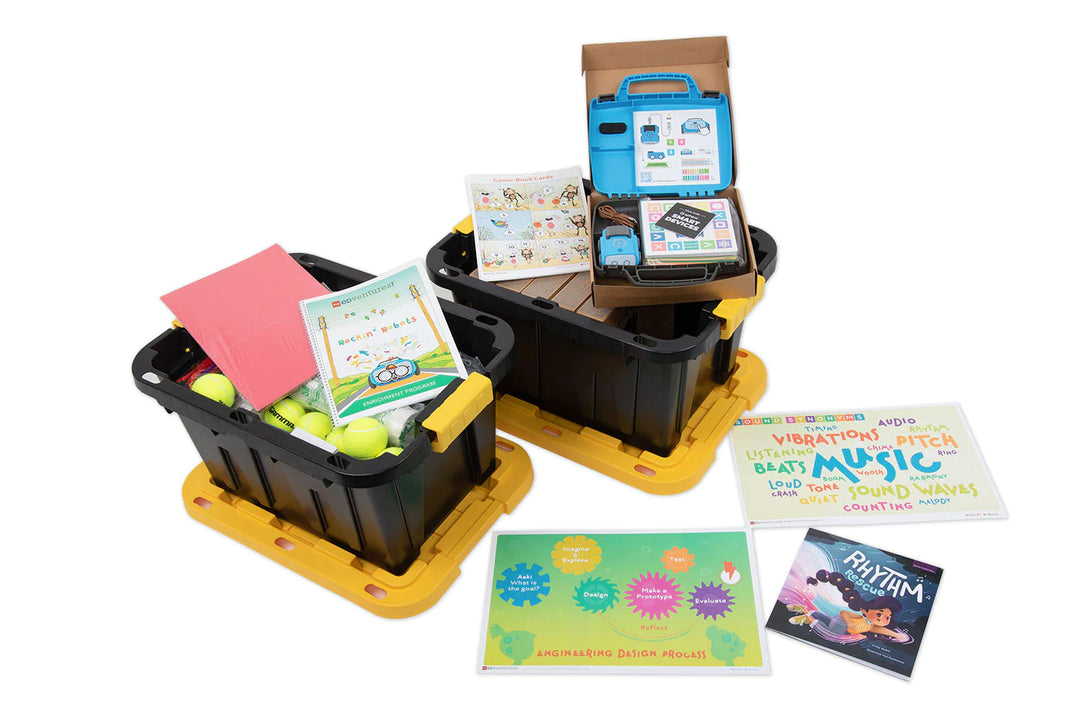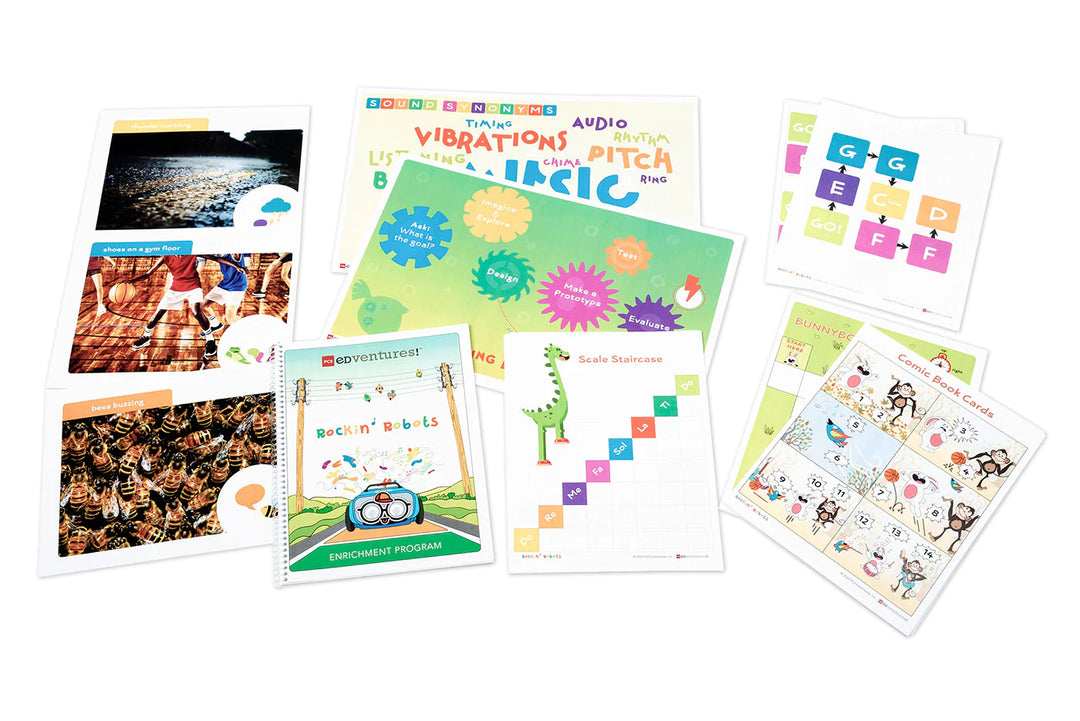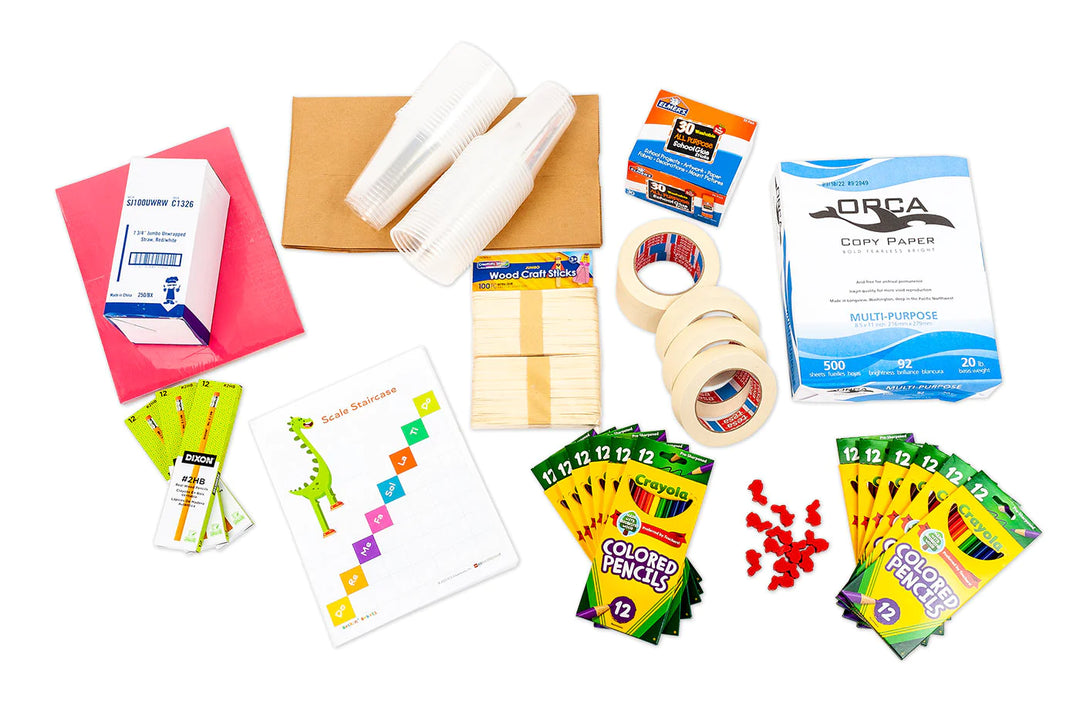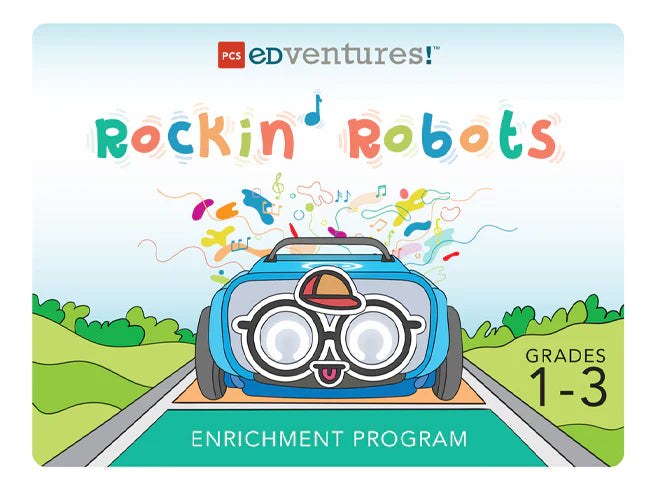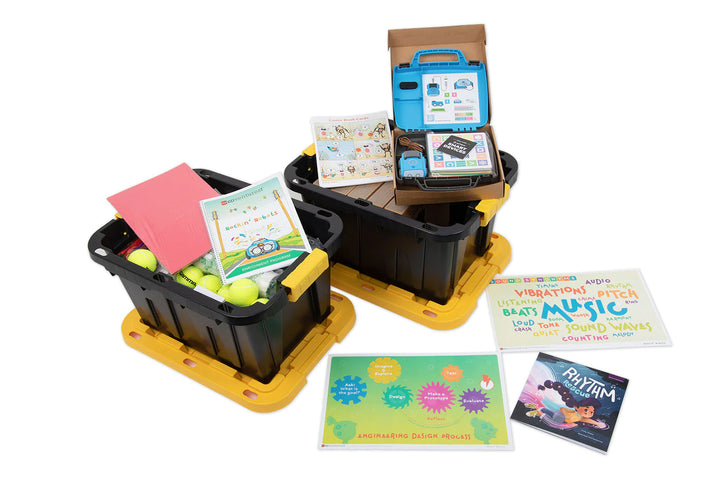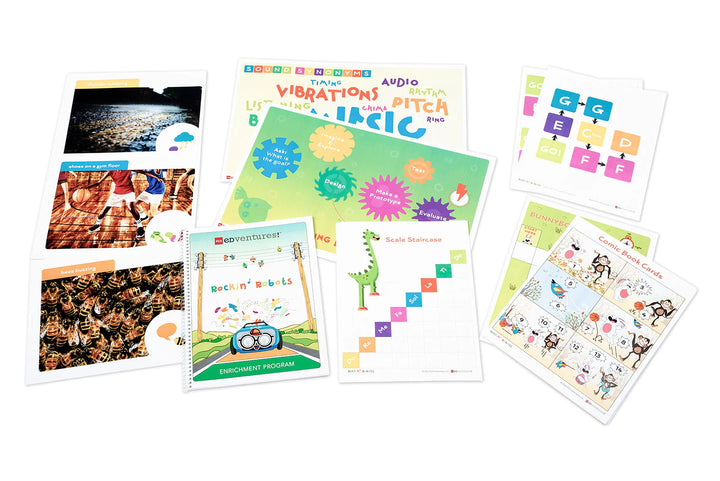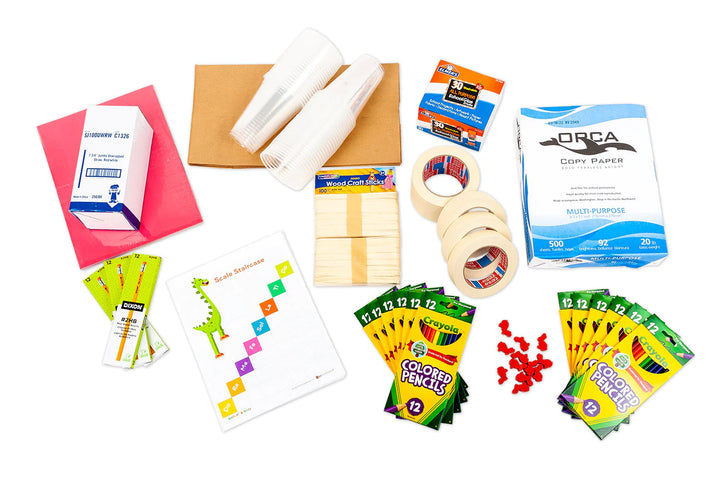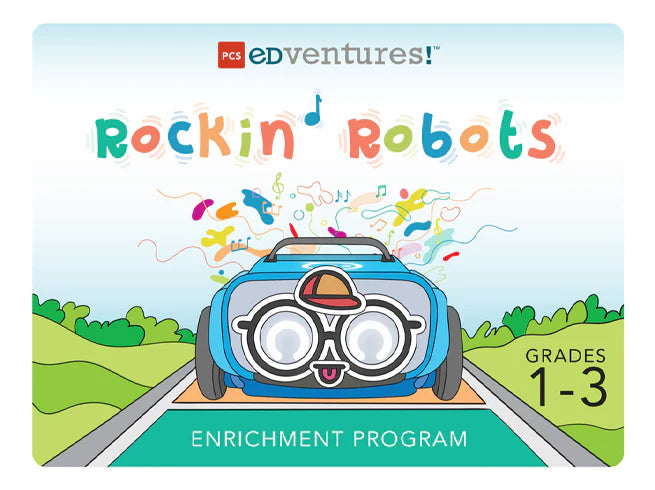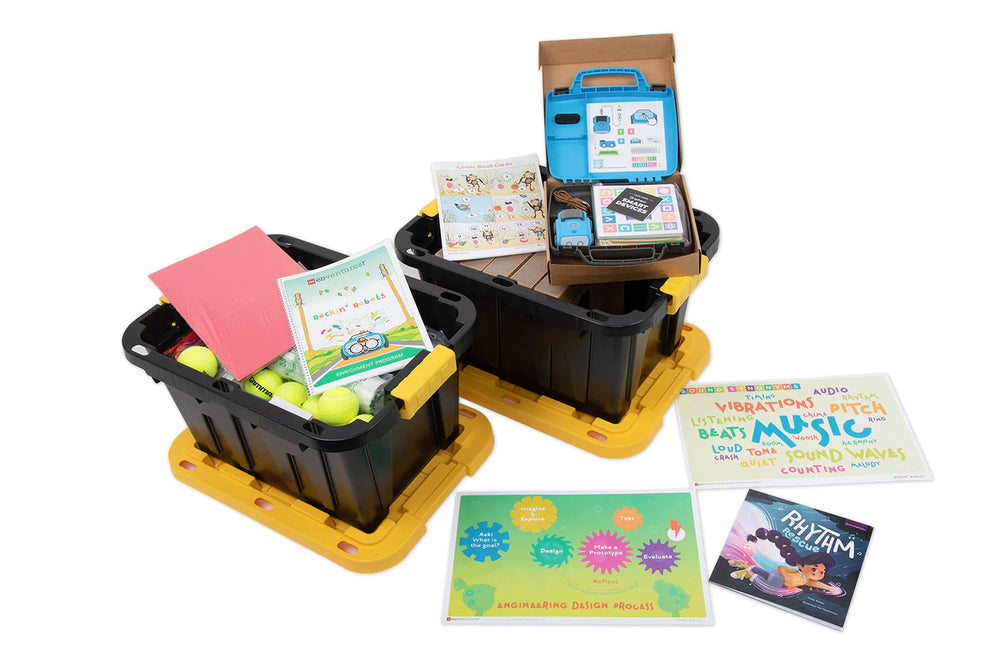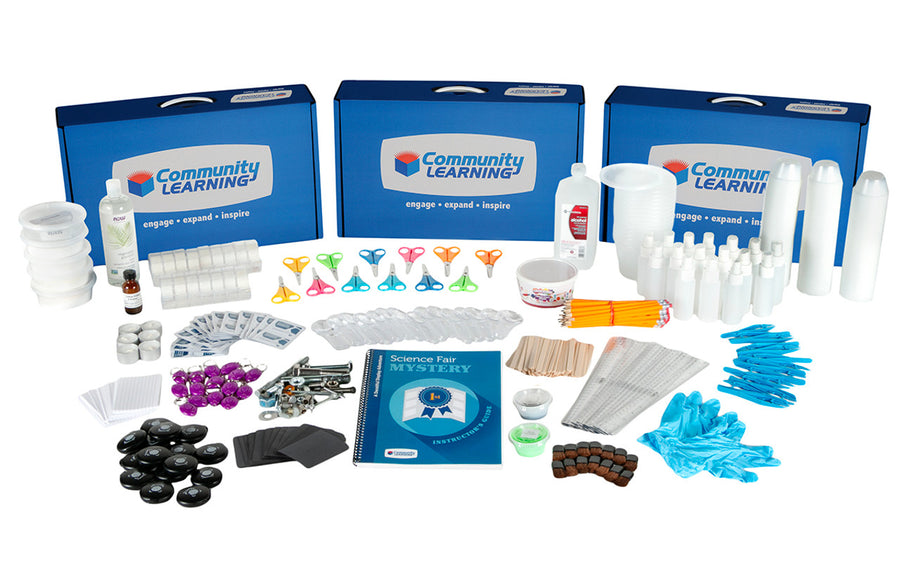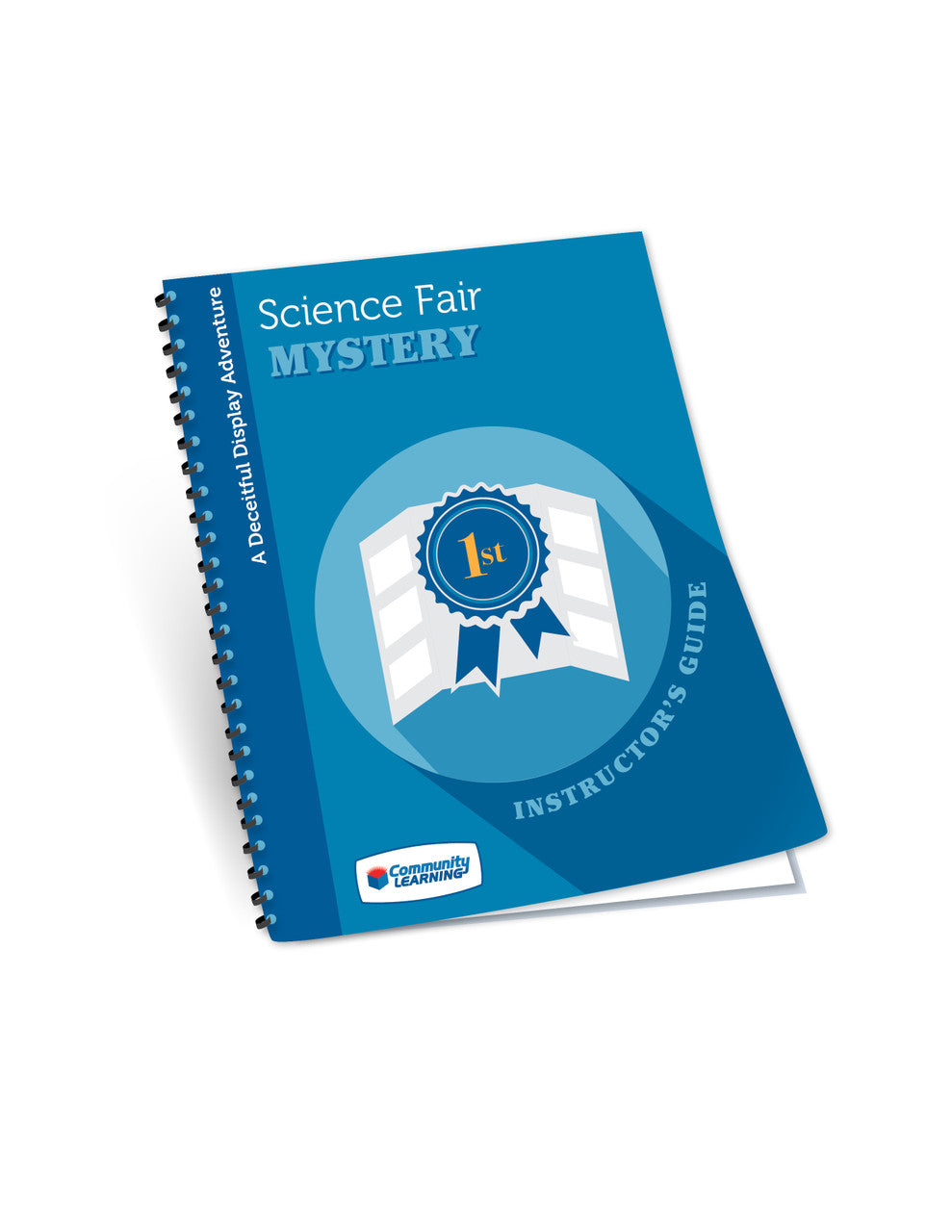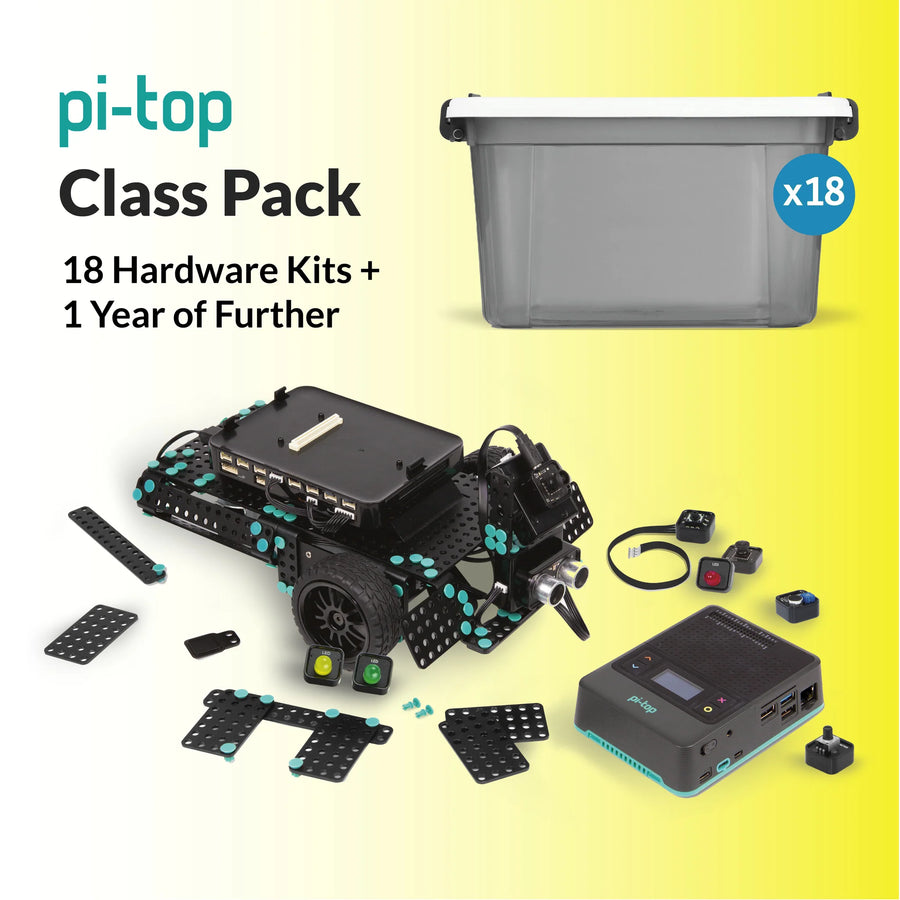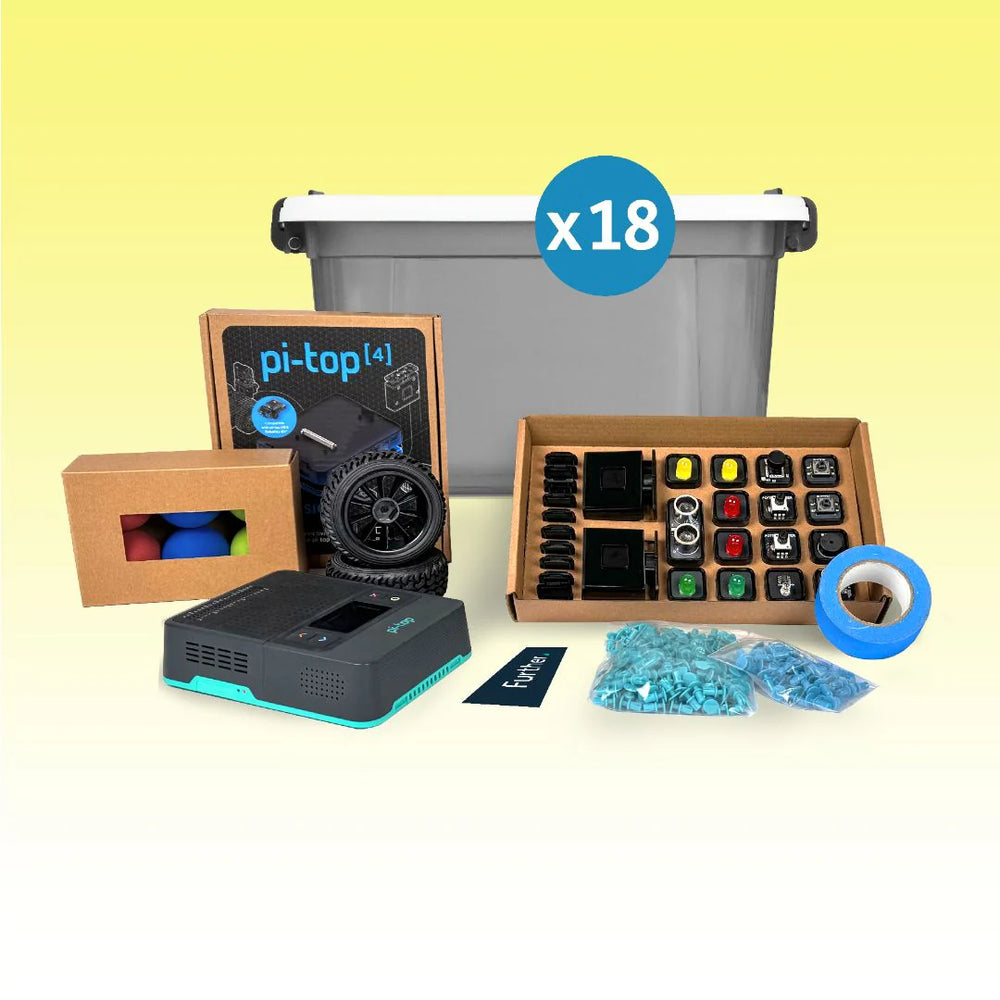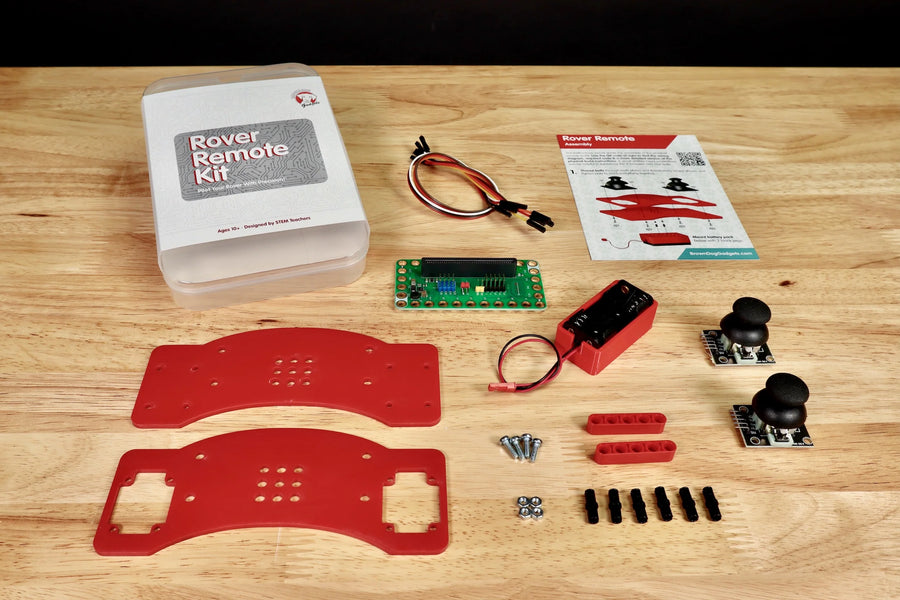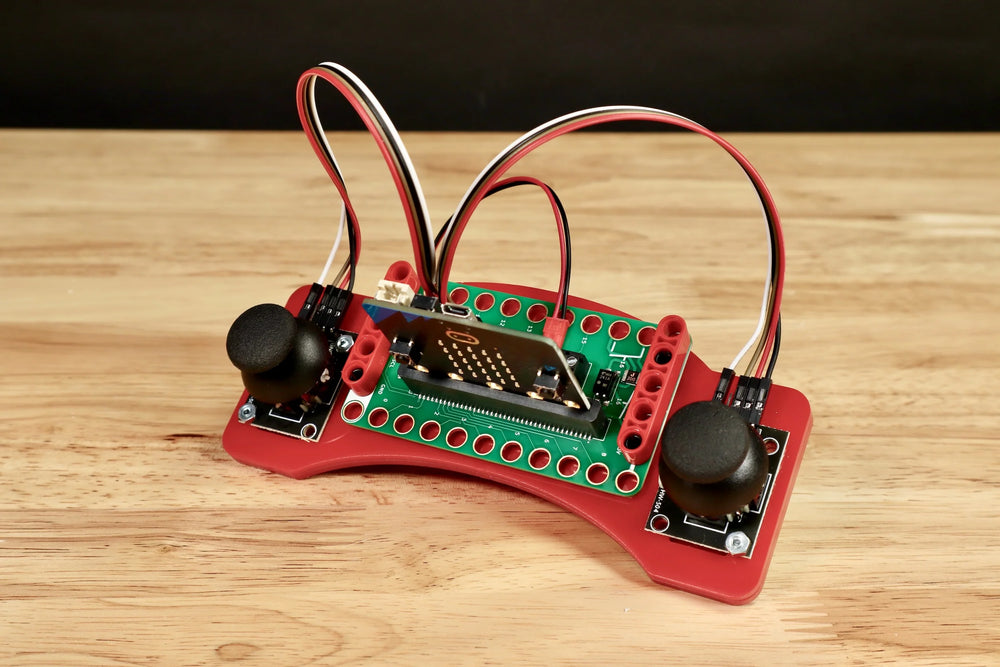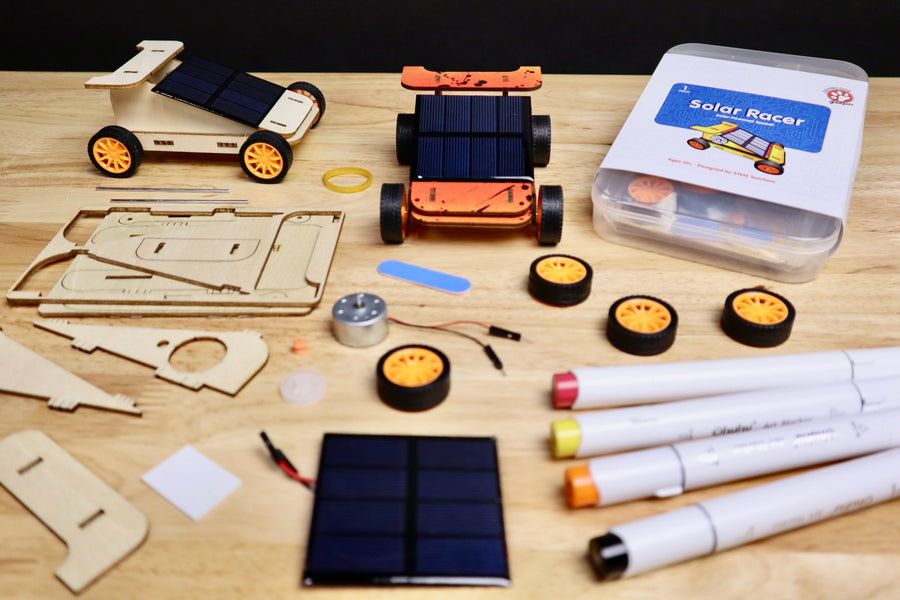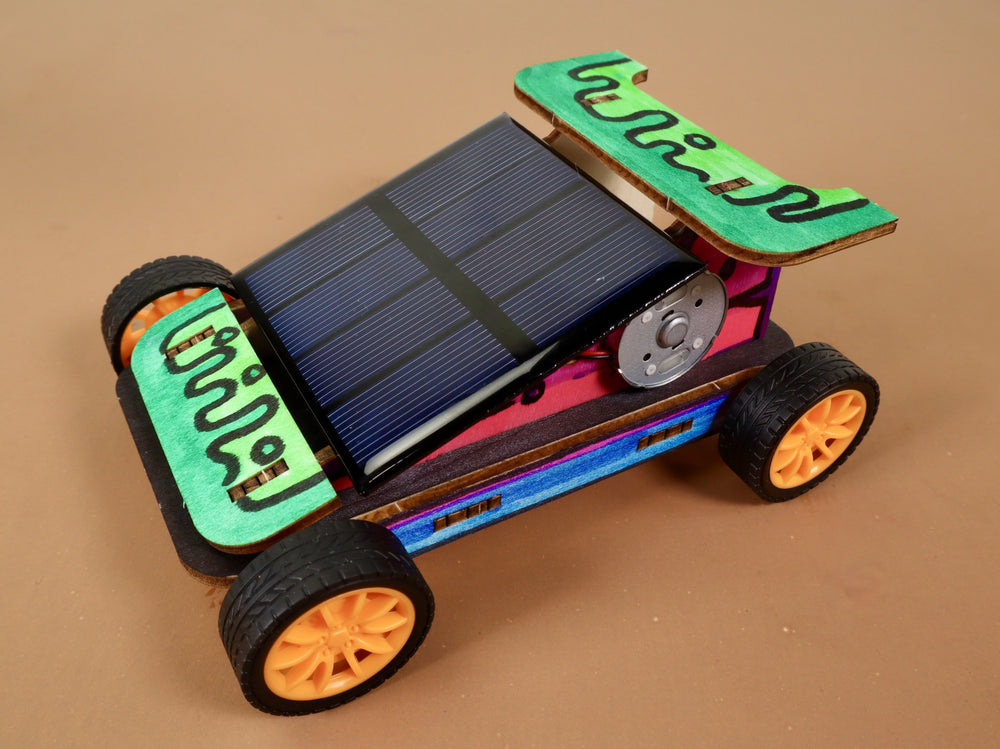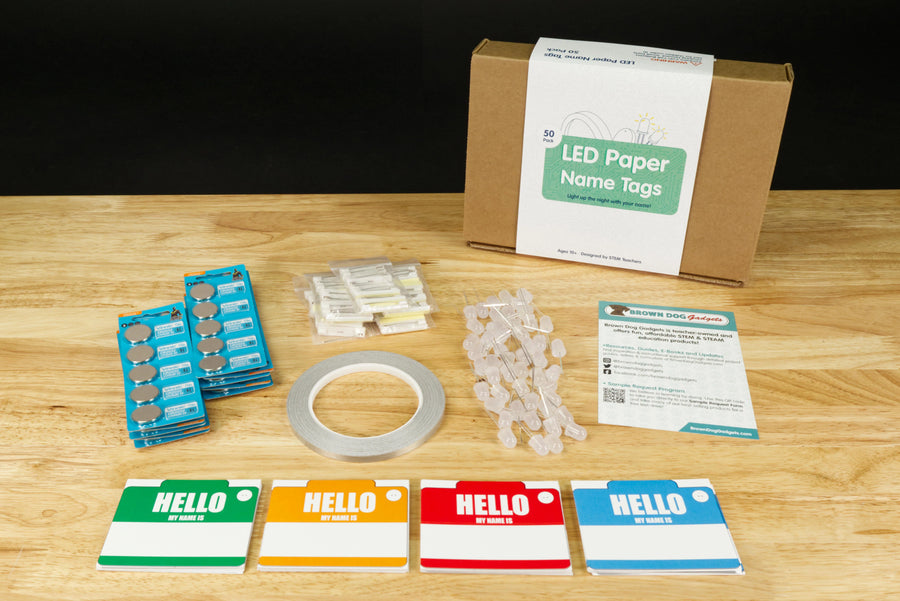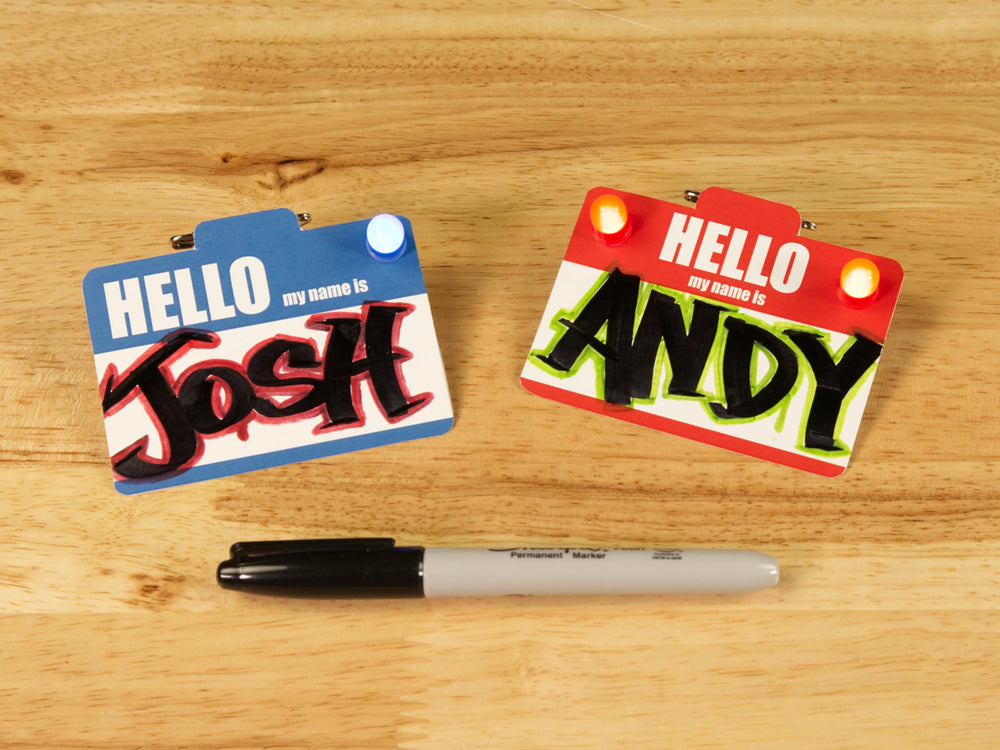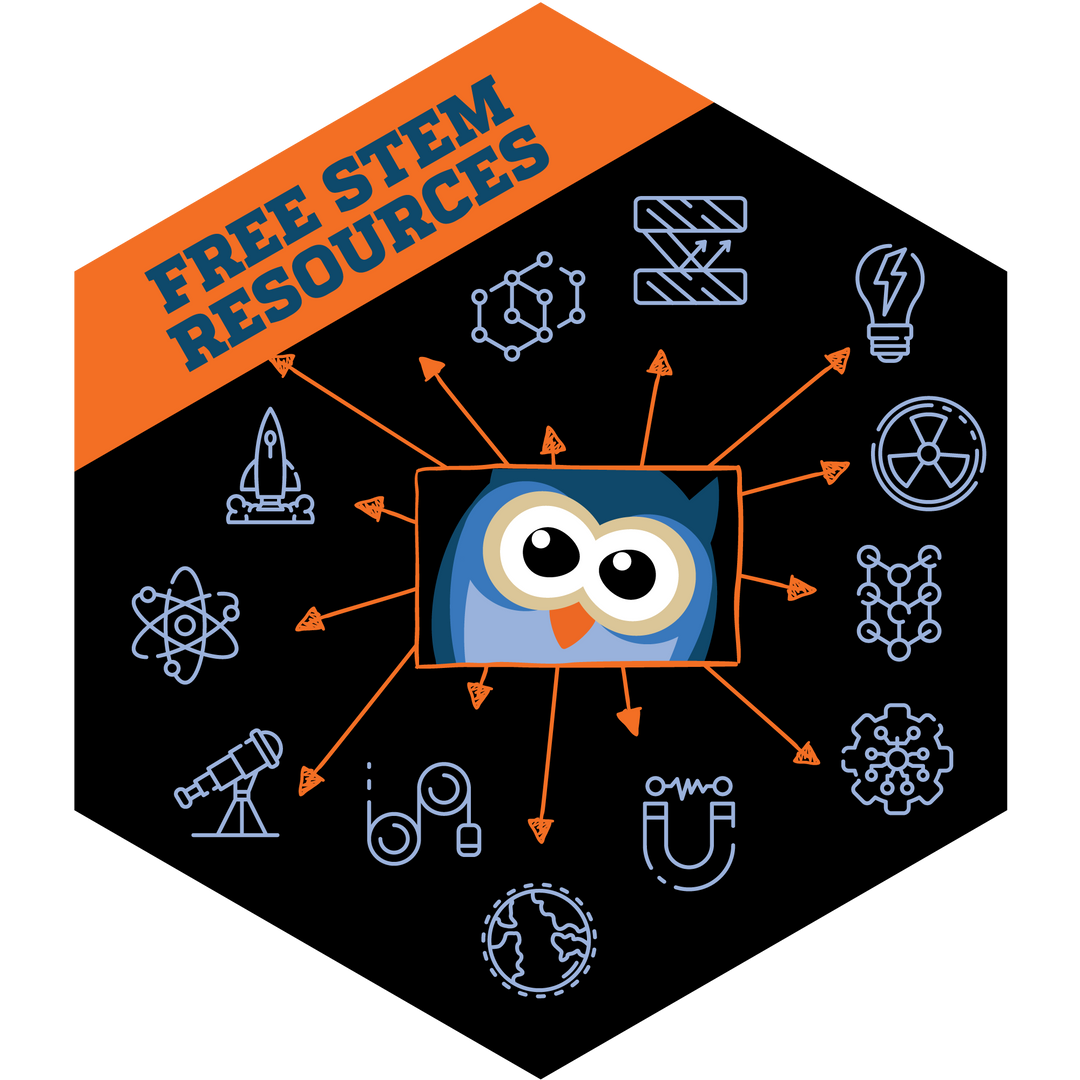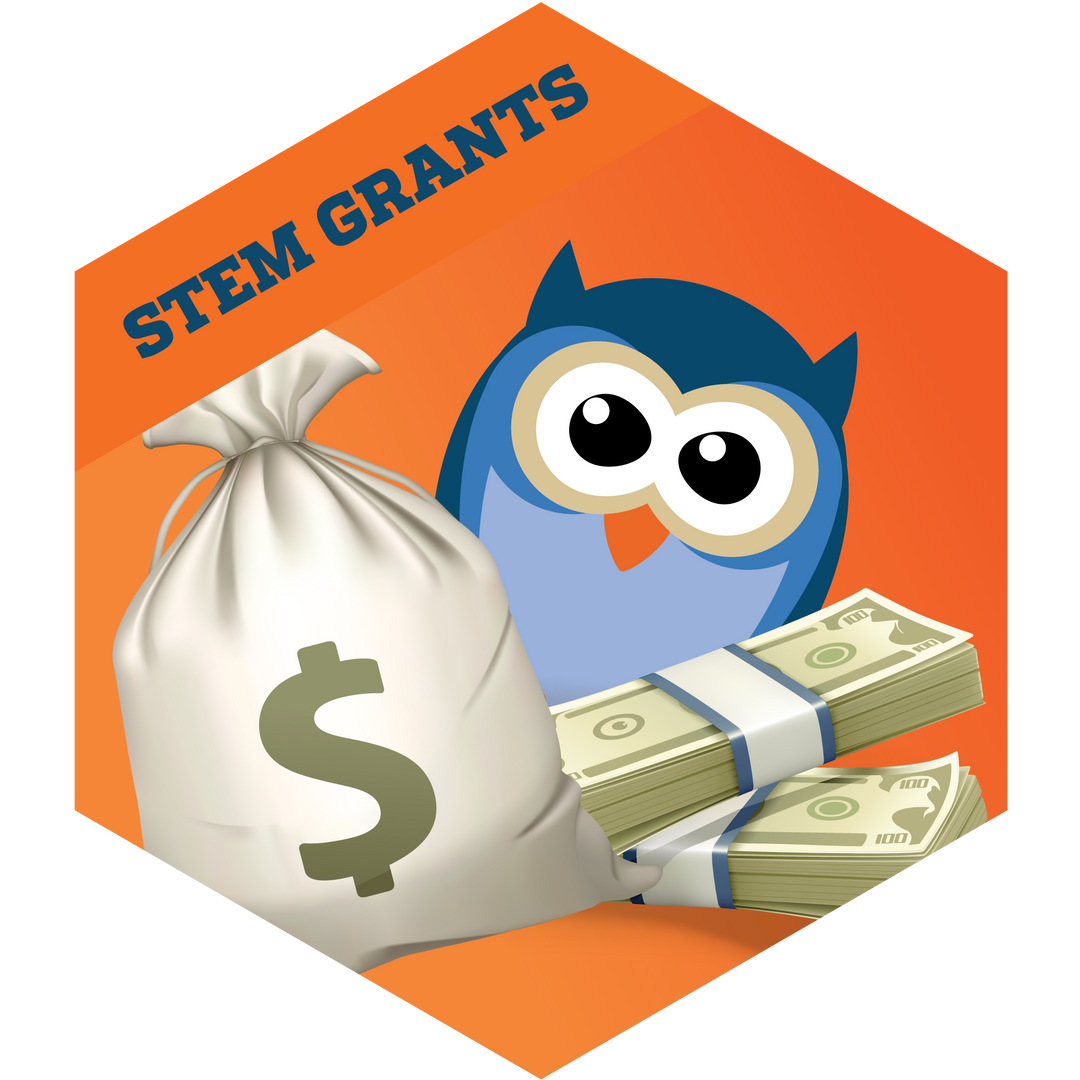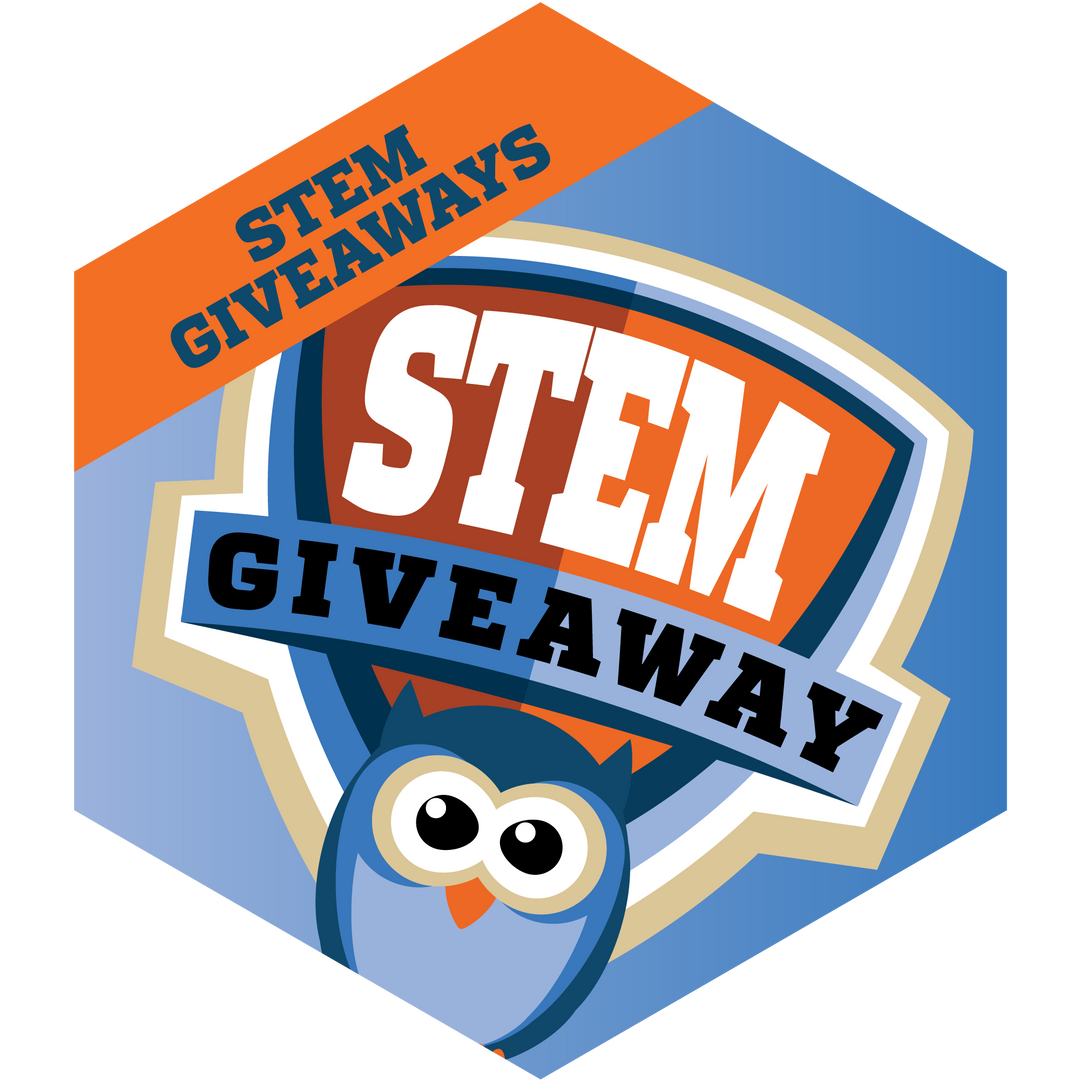Rockin' Robots Camp
- Grades: 1-3
- Number of Students: Up to 30
- Number of Lessons: 12
- Contact Hours: 12+
- Additional Resources: Camp Flyer, Habits of Mind
Highlights:
Bring Music to Life with Coding
Calling all programmers and musicians! Rockin' Robots is your chance to use Sphero indi robots on a guided tour through the STEAMtastic fusion of music and robotics. If exploring songs, crafting instruments, investigating sound effects and designing a melodic coding challenge sounds fun, then this is the camp for you!
Recommended Settings:
- Summer Camps
- Classrooms
- Before & After-School Programs
- Libraries and Makerspaces
- Classroom STEM Stations
- Robotics Clubs
- Out-of-School
Each Activity Guide Includes:
- Topic Background Information
- Schedule
- Materials List
- Optional Extension Activities
Curriculum or Lesson Topics:
Subject Targets:
- Technology
- Robotics & Coding
- Art/STEAM
- English Language Arts Connections
Curriculum Topics:
- Sound Effects
- Physical Properties
- Drums
- Pan Flutes
- Driving Robots
- Practical Coding Activities
- Coding Sphero indi Robots
- Music Scale
- Song Components
- Practice Music Courses
- Music Course Design
- Music Course Assembly
Standard Alignments:
Habits of Mind:
16 thinking habits developed by Art Costa and Bena Kallick to empower students to succeed in a 21st-century learning environment.
- Persisting
- Managing Impulsivity
- Listening with Understanding and Empathy
- Thinking Flexibly
- Thinking about Thinking (Metacognition)
- Striving for Accuracy
- Questioning and Posing Problems
- Applying Past Knowledge to New Situations
- Thinking and Communicating with Clarity and Precision
- Gathering Data through All Senses
- Creating, Imagining, Innovating
- Responding with Wonderment and Awe
- Taking Responsible Risks
- Finding Humor
- Thinking Interdependently
- Remaining Open to Continuous Learning
21st Century Skills:
A set of widely-applicable abilities essential for success in the information age.
- Creativity and Innovation
- Critical Thinking and Problem Solving
- Communication and Collaboration
- Information, Media, and Technology Literacy
- Flexibility and Adaptability
- Initiative and Self-Direction
- Social and Cross-Cultural Skills
© 2018 Partnership for 21st Century Learning (P21), p21.org. All Rights Reserved. P21 was not involved in the production of this product and does not endorse it.
Common Core State Standards for Mathematics:
- CCSS.MATH.CONTENT.1.MD.A.1 Order three objects by length; compare the lengths of two objects indirectly by using a third object.
- CCSS.MATH.CONTENT.1.MD.A.2 Express the length of an object as a whole number of length units, by laying multiple copies of a shorter object (the length unit) end to end; understand that the length measurement of an object is the number of same-size length units that span it with no gaps or overlaps.
© Copyright 2010. National Governors Association Center for Best Practices and Council of Chief State School Officers. All rights reserved.
Common Core State Standards for English Language Arts:
- CCSS.ELA-LITERACY.RF.K.2 Demonstrate understanding of spoken words, syllables, and sounds.
- CCSS ELA-LITERACY.SL.1.1/ELA-LITERACY.SL.2.1/ELA-LITERACY.SL.3.1 Participate in collaborative conversations with diverse partners about grade 1-3 topics and texts with peers and adults in small and larger groups.
- CCSS.ELA-LITERACY.SL.1.5 Add drawings or other visual displays to descriptions when appropriate to clarify ideas, thoughts, and feelings.
- CCSS. ELA-Literacy.L.1.6 Use words and phrases acquired through conversations, reading and being read to, and responding to texts, including using frequently occurring conjunctions to signal simple relationships (e.g., because).
- CCSS.ELA-LITERACY.SL.2.2 Ask and answer questions about key details in a text read aloud or information presented orally or through other media.
- CCSS.ELA-LITERACY.SL.2.3 Ask and answer questions about what a speaker says in order to clarify comprehension, gather additional information, or deepen understanding of a topic or issue.
- CCSS.ELA-LITERACY.RL.2.4 Describe how words and phrases (e.g., regular beats, alliteration, rhymes, repeated lines) supply rhythm and meaning in a story, poem, or song.
- CCSS.ELA-LITERACY.L.4.5.C Demonstrate understanding of words by relating them to their opposites (antonyms) and to words with similar but not identical meanings (synonyms).
© Copyright 2010. National Governors Association Center for Best Practices and Council of Chief State School Officers. All rights reserved.
Next Generation Science Standards:*
- NGSS 1-PS4-1. Sound and Vibrating Materials
- NGSS 2-PS1-1. Investigating Properties of Matter
*Next Generation Science Standards and NGSS is a registered trademark of WestEd. Neither WestEd nor the lead states and partners that developed the Next Generation Science Standards were involved in the production of this product, and do not endorse it.
International Society for Technology in Education:
- ISTE 1.1.c Students use technology to seek feedback that informs and improves their practice and to demonstrate their learning in a variety of ways.
- ISTE 1.1.d Empowered Learner Students understand the fundamental concepts of technology operations, demonstrate the ability to choose, use and troubleshoot current technologies and are able to transfer their knowledge to explore emerging technologies.
- ISTE 1.4 Innovative Designer Students use a variety of technologies within a design process to identify and solve problems by creating new, useful or imaginative solutions.
- ISTE 1.5.c Students break problems into component parts, extract key information, and develop descriptive models to understand complex systems or facilitate problem-solving.
- ISTE 1.5.d Students understand how automation works and use algorithmic thinking to develop a sequence of steps to create and test automated solutions.
ISTE Standards for Students, ©2016, ISTE® (International Society for Technology in Education), iste.org. All rights reserved. ISTE was not involved in the production of this product and does not endorse it.
What’s Included:
- Instructor Guide: 1
- Printed Student Pages: 6 sets
- Printed Posters: 2
- Curriculum Digital Download: 1
- Storage Tubs: 2
- Aluminum Foil Squares (500 pack): 1
- Paper Bags: 6
- Ping Pong Balls: 12
- Tennis Balls: 6
- Rhythm Rescue by Vicky Weber: 1
- Bag of Chenille Stems: 1
- 16oz Plastic Cups: 50
- Glue Sticks: 30
- Lanyards: 30
- Printer Paper (500 pack): 1
- Construction Paper (50 pack): 1
- Pencils (12 pk): 3
- Colored Pencils (12 pack): 12
- Pencil Sharpeners: 6
- Rabbit Game Pieces: 12
- Rubberband (250 pack): 1
- Scissors: 30
- Straws: 250
- Sphero indi Educational Robot Student Kit: 6
- Craft Sticks (100 pack): 1
- Masking Tape (60 yards): 6
Technology Requirements/Specifications:
Tablet or Chromebook with Sphero Edu Jr app download (6)
Note: Due to production time, this item typically ships 2-3 weeks after receipt of the order. During peak season, April-June, lead time is around 6 weeks. Please plan and order accordingly.


